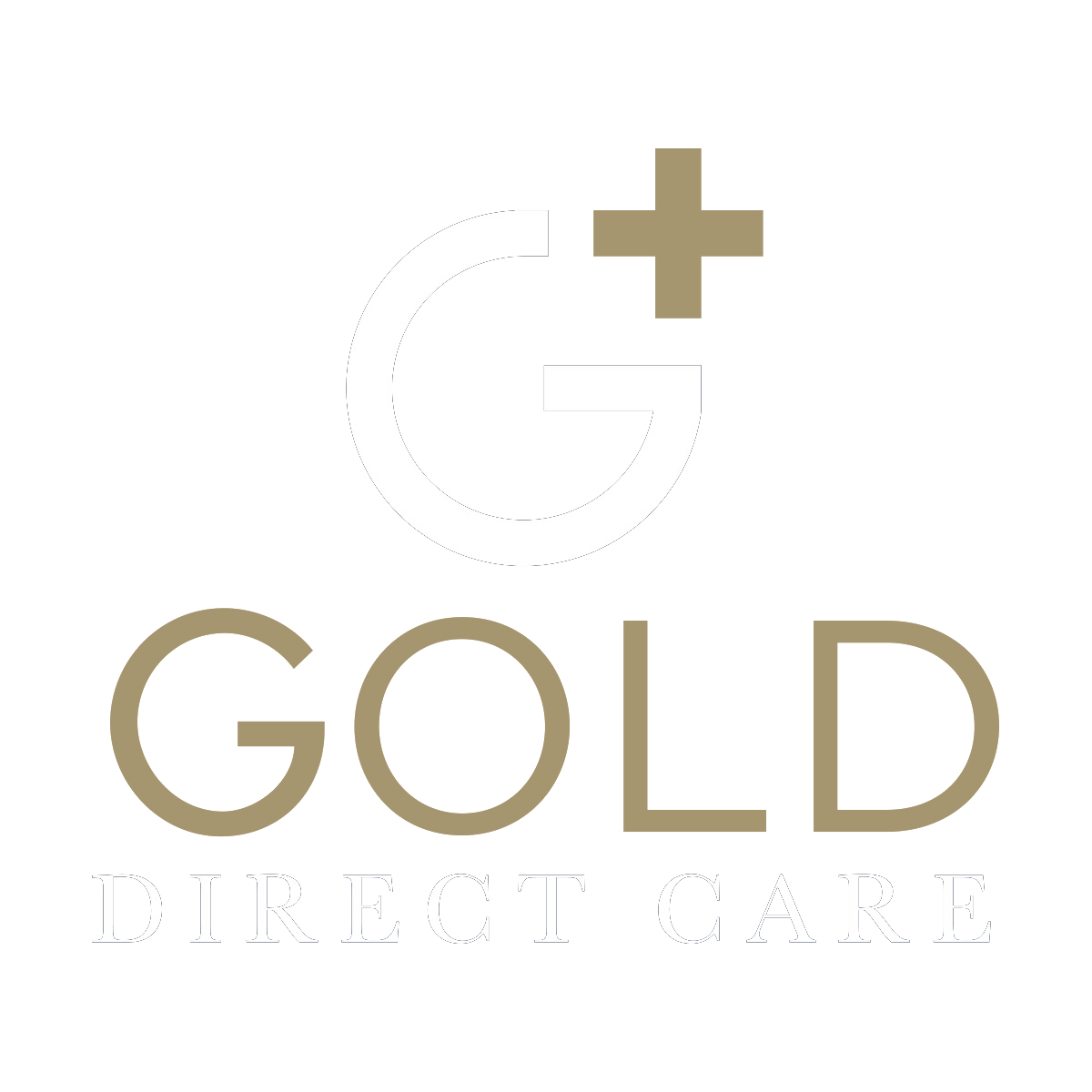How to Attract Top Talent in 2025 with Smarter Benefits

Recruiting in today’s market isn’t just about filling a role—it’s about standing out in a competitive landscape. The best candidates have options, and they are looking for more than salary alone. In 2025, one of the most powerful ways businesses can attract top talent is by offering smarter, more employee-focused benefits. For small and mid-sized […]
5 Hidden Costs of Group Insurance Plans That Hurt Small Business Profitability

Group insurance plans are often marketed as a convenient way for small businesses to provide employee healthcare benefits. On the surface, they seem straightforward: one monthly premium, a set of coverage options, and predictable costs. Yet, many business owners find themselves blindsided by the hidden costs of group insurance—expenses that don’t appear in the initial […]
Why Traditional Health Insurance is Failing Local Businesses—and What to Do Instead

For decades, traditional health insurance has been the default way businesses provide healthcare benefits to their employees. It’s familiar, it’s widely available, and it feels like the “responsible” thing to do. But over the past 15 years, premiums have skyrocketed, access to care has slowed, and business owners are questioning whether the return is worth […]
How Local Businesses Can Save Thousands with Direct Primary Care Plans

Healthcare costs are climbing fast—and for small business owners, it can feel like there’s no good way to keep up. Traditional health insurance comes with huge premiums, high deductibles, and so much red tape that many employees avoid using it unless absolutely necessary. If you’re running a business and trying to offer your team real […]
Flexible Healthcare for Freelancers: How to Stay Healthy Without Employer Insurance

The freelance economy is booming, with more Americans than ever choosing the independence of self-employment over traditional 9-to-5 jobs. But along with the freedom to choose clients and set your own hours comes a unique set of challenges—especially when it comes to healthcare. Without employer-sponsored insurance, many freelancers find themselves navigating confusing insurance marketplaces, high […]
Affordable Healthcare for Trade Workers: A Better Option for Hardworking People

For workers in construction, electrical, plumbing, manufacturing, and other skilled trades, access to reliable and affordable healthcare can make a huge difference in daily life. Between long hours, physically demanding work, and inconsistent insurance coverage, many in the trades face real barriers to staying healthy. Fortunately, a growing healthcare model—Direct Primary Care (DPC)—is changing that. […]
No Insurance? Discover Affordable Primary Care That Works for You

If you have ever delayed a doctor’s visit because of the cost—or found yourself overwhelmed by confusing insurance terms—you are not alone. Millions of Americans do not have affordable primary care because they do not have insurance or are stuck with plans that do not truly cover their needs. Traditional healthcare can be expensive, stressful, […]
Is Direct Primary Care the Future of Employee Healthcare? Here’s What Experts Say

Rising health insurance premiums and complex benefits packages have left many businesses scrambling for a smarter, more affordable way to take care of their teams. Enter Direct Primary Care (DPC)—a growing healthcare model that’s turning heads across the country. With its simple structure, emphasis on patient-doctor relationships, and potential to reduce costs, many experts believe […]
Top Questions Local Employers Ask About Direct Primary Care (And the Answers)

In today’s complex healthcare landscape, employers are constantly searching for innovative solutions that can provide quality care for their employees while keeping costs manageable. Direct Primary Care (DPC) has emerged as a compelling alternative to traditional employer-sponsored healthcare models, but many business owners still have questions about how it works and whether it’s right for […]
Why No Copays or Surprise Bills Matter in Primary Care

Healthcare costs are one of the biggest stressors for patients today. Surprise bills, hidden fees, and unpredictable copays can make even routine doctor visits financially overwhelming. At Gold Direct Care, we take a different approach—one that eliminates financial guesswork and puts the focus back on quality patient care. Here’s why having no copays or surprise […]

